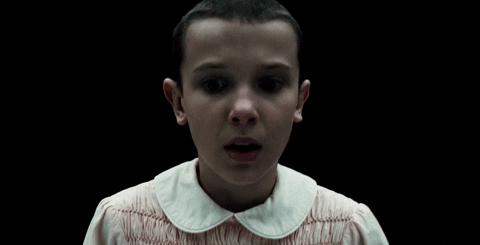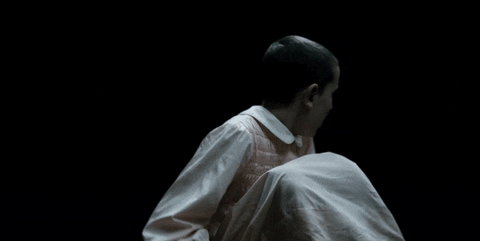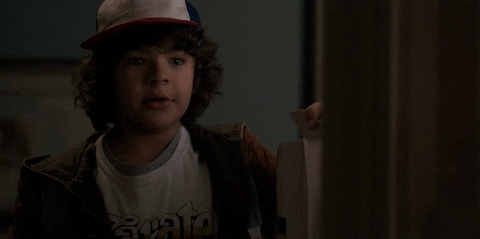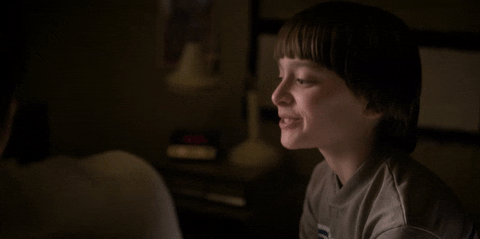Here’s a charming and ultimately optimistic little story about how a mother’s vigilance combined with the right doctors and hospitals can make a real difference in a child’s life—and how that difference can expand to help others.

A few years back, Julie Cunningham was the proud mother of happy, healthy twin girls.
But she quickly realized that one of the girls, Kate, had a problem.

Whenever Julie brought her children in from simple outdoor walks, she noticed a rash on Kate’s exposed skin. When Kate was one year old, the rash was accompanied by a fever that only worsened throughout the day. Initially, doctors suggested everything from allergies to skin problems, but none of those explanations or their suggested remedies worked.
Ultimately, and after trying several specialists, Julie got a referral to an allergy and immunology specialist at San Diego’s Rady Children’s Hospital. Dr. Hal Hoffman examined Kate and was convinced she had CAPS. He suggested switching the little girl’s medication.
He wasn’t just throwing out a random guess: Dr. Hoffman has spent years studying the genetics of CAPS, and actually discovered the gene responsible for CAPS back in 2001.
His instinct in Kate’s case was correct: Within 48 hours of the medication change, her condition improved dramatically.
Further testing showed that Kate’s diagnosis was actually a one-two CAPS punch: The little girl has Muckle-Wells syndrome and FCAS.

But with the proper medications and care, Kate has thrived. And because of her early diagnosis, she may dodge the bullet on long-term complications. But Julie knows other children and parents have not been as fortunate and are still struggling to find a diagnosis or treatment—for any number of rare diseases. So she got involved with both Global Genes and the Autoinflammatory Alliance, and is advocating for extensions to the Orphan Drug Act, which encourages the development of treatments for rare and orphan diseases.

While Julie does her part to build awareness, the Rady Children’s Hospital continues to do its part to blaze new trails in medicine.
They’ve opened the Rady Pediatric Genomics and Systems Medicine Institute to continue their work improving the diagnostics and treatment of children with rare diseases.
Here’s to their continued success in treating cases like Kate’s, and here’s to a healthy and happy childhood for Kate and every other child facing a rare diagnosis!

Read more of Kate’s story here. Then check out the great work being done by Rady Children’s Hospital, Global Genes, and the Autoinflammatory Alliance.






